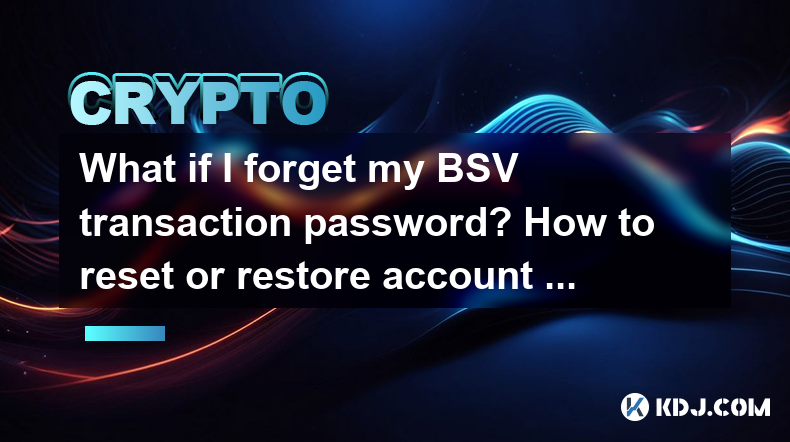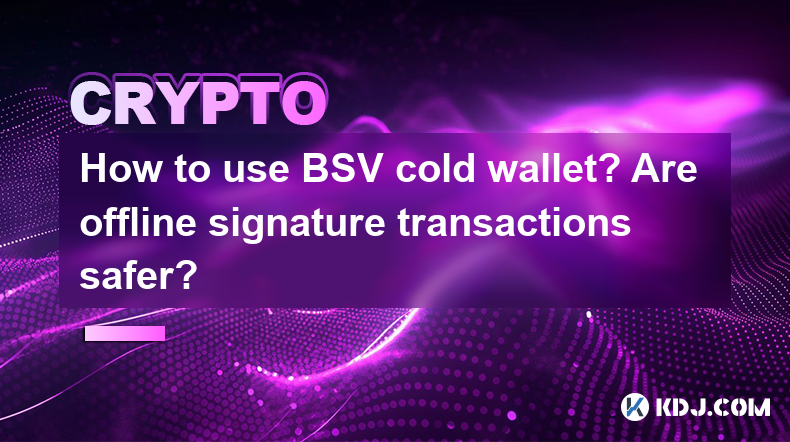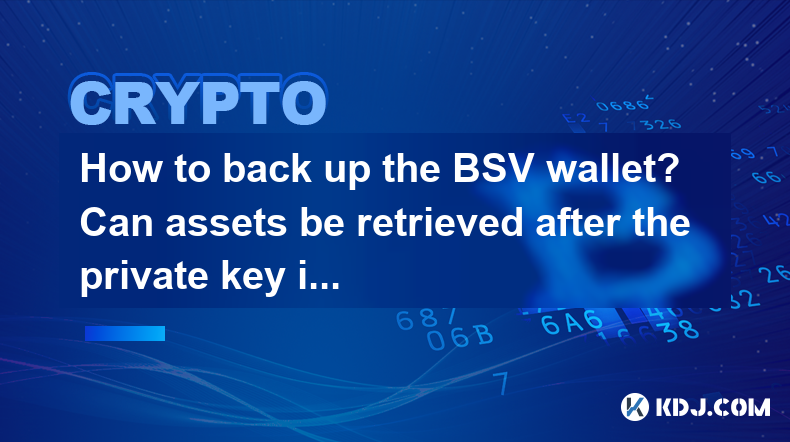-
 Bitcoin
Bitcoin $96,512.3819
1.42% -
 Ethereum
Ethereum $1,822.5851
0.22% -
 Tether USDt
Tether USDt $1.0002
0.01% -
 XRP
XRP $2.2107
0.10% -
 BNB
BNB $597.6096
-0.64% -
 Solana
Solana $149.3062
-1.02% -
 USDC
USDC $0.9999
-0.03% -
 Dogecoin
Dogecoin $0.1802
2.27% -
 Cardano
Cardano $0.7032
0.98% -
 TRON
TRON $0.2455
-1.25% -
 Sui
Sui $3.4569
-1.25% -
 Chainlink
Chainlink $14.6780
-1.13% -
 Avalanche
Avalanche $21.2976
-0.17% -
 Stellar
Stellar $0.2753
0.69% -
 UNUS SED LEO
UNUS SED LEO $8.9585
0.10% -
 Toncoin
Toncoin $3.2028
1.56% -
 Shiba Inu
Shiba Inu $0.0...01345
0.57% -
 Hedera
Hedera $0.1874
1.91% -
 Bitcoin Cash
Bitcoin Cash $372.6966
1.98% -
 Hyperliquid
Hyperliquid $20.2612
1.39% -
 Litecoin
Litecoin $88.5890
3.65% -
 Polkadot
Polkadot $4.2170
1.91% -
 Dai
Dai $1.0000
0.00% -
 Monero
Monero $278.6281
0.76% -
 Bitget Token
Bitget Token $4.3876
0.69% -
 Ethena USDe
Ethena USDe $1.0006
0.05% -
 Pi
Pi $0.5947
-2.82% -
 Pepe
Pepe $0.0...08716
-1.90% -
 Aptos
Aptos $5.5097
1.70% -
 Uniswap
Uniswap $5.3003
0.18%
How to store Nervos Network (CKB) coins
For maximum security, store your CKB coins in a hardware wallet like Ledger Nano X or Trezor Model T, which keep your private keys offline, protecting against hacking and theft.
Dec 05, 2024 at 10:03 am

How to Store Nervos Network (CKB) Coins
Introduction
Nervos Network (CKB) is a layer-1 blockchain platform designed to provide secure and scalable storage and transfer of digital assets. CKB coins are the native cryptocurrency of the Nervos Network, and they can be used to pay transaction fees, participate in governance, and stake the network.
There are a variety of ways to store CKB coins, including hardware wallets, software wallets, and exchanges. The best storage method for you depends on your individual needs and preferences.
Hardware Wallets
Hardware wallets are physical devices that store your private keys offline. This makes them the most secure option for storing your CKB coins, as they are not vulnerable to hacking or theft.
Some of the most popular hardware wallets for storing CKB coins include:
- Ledger Nano X
- Trezor Model T
- SafePal S1
Software Wallets
Software wallets are digital wallets that you can download and install on your computer or mobile device. They are less secure than hardware wallets, but they are more convenient and easier to use.
Some of the most popular software wallets for storing CKB coins include:
- Nervos Wallet
- MetaMask
- Trust Wallet
Exchanges
Exchanges are online platforms that allow you to buy, sell, and trade cryptocurrencies. You can also store your CKB coins on exchanges, but this is not as secure as storing them in a hardware or software wallet.
Some of the most popular exchanges for storing CKB coins include:
- Binance
- Huobi
- OKEx
How to Choose a Storage Method
The best storage method for your CKB coins depends on your individual needs and preferences. If you value security above all else, then a hardware wallet is the best option. If you are looking for a more convenient and user-friendly option, then a software wallet may be a better choice. And if you plan on trading your CKB coins frequently, then an exchange may be the right option for you.
Storing CKB Coins in a Hardware Wallet
- Purchase a hardware wallet. There are a variety of hardware wallets available on the market, so do some research to find one that meets your needs.
- Set up your hardware wallet. Once you have purchased a hardware wallet, you will need to set it up. This will involve creating a PIN and recovering your seed phrase.
- Transfer your CKB coins to your hardware wallet. Once your hardware wallet is set up, you can transfer your CKB coins to it. To do this, you will need to connect your hardware wallet to your computer and open the software wallet that came with it.
- Store your hardware wallet in a safe place. Once you have transferred your CKB coins to your hardware wallet, you should store it in a safe place. This could be a safe deposit box, a fireproof safe, or even a hidden location in your home.
Storing CKB Coins in a Software Wallet
- Download and install a software wallet. There are a variety of software wallets available on the market, so do some research to find one that meets your needs.
- Create a new wallet. Once you have downloaded and installed a software wallet, you will need to create a new wallet. This will involve creating a password and choosing a security question.
- Transfer your CKB coins to your software wallet. Once you have created a new wallet, you can transfer your CKB coins to it. To do this, you will need to provide the address of your software wallet to the sender of the CKB coins.
- Back up your software wallet. It is important to back up your software wallet in case it is lost or stolen. To do this, you will need to export your private keys.
Storing CKB Coins on an Exchange
- Create an account on an exchange. There are a variety of exchanges available on the market, so do some research to find one that meets your needs.
- Deposit your CKB coins into your exchange account. Once you have created an account on an exchange, you can deposit your CKB coins into your account. To do this, you will need to provide the address of your exchange account to the sender of the CKB coins.
- Trade or store your CKB coins on the exchange. Once your CKB coins are deposited into your exchange account, you can trade them for other cryptocurrencies or store them on the exchange.
Disclaimer:info@kdj.com
The information provided is not trading advice. kdj.com does not assume any responsibility for any investments made based on the information provided in this article. Cryptocurrencies are highly volatile and it is highly recommended that you invest with caution after thorough research!
If you believe that the content used on this website infringes your copyright, please contact us immediately (info@kdj.com) and we will delete it promptly.
- The Movement Labs Whirlwind Intensifies, Causing Notable Losses for MOVE Token Holders
- 2025-05-02 16:35:12
- The Filecoin F3 Upgrade, Has Been Activated on the Filecoin Mainnet and Propelled the Network Forward
- 2025-05-02 16:35:12
- What Will Be Ripple's Next Move After Circle Deal Failure?
- 2025-05-02 16:30:12
- Movement Labs Suspends Co-founder Rushi Manche Over Market-Making Scandal
- 2025-05-02 16:30:12
- Pudgy Penguins [PENGU] has rallied by 137% in a fortnight, flipping its market structure decisively bullish in the process.
- 2025-05-02 16:25:12
- TRUMP Token Surges 85% as It Promises a Dinner with the Former President
- 2025-05-02 16:25:12
Related knowledge

BSV transaction fees suddenly increased? How to adjust the handling fee to save costs?
May 02,2025 at 06:42am
Understanding BSV Transaction FeesBSV (Bitcoin SV) aims to fulfill the original vision of Bitcoin as a peer-to-peer electronic cash system. One of the key elements in this system is the transaction fee, which compensates miners for including transactions in the blockchain. Recently, users have noticed a sudden increase in BSV transaction fees, which can...

What if I forget my BSV transaction password? How to reset or restore account permissions?
May 02,2025 at 02:49pm
Forgetting your BSV (Bitcoin SV) transaction password can be a stressful experience, but there are steps you can take to reset or restore your account permissions. This article will guide you through the process, ensuring you understand each step and potential solutions available to you. Understanding BSV Transaction PasswordsBSV transaction passwords a...

How to use BSV cold wallet? Are offline signature transactions safer?
May 02,2025 at 05:21am
Using a BSV (Bitcoin SV) cold wallet involves several steps to ensure the secure storage and management of your cryptocurrency. A cold wallet, also known as a hardware wallet or offline wallet, is a physical device that stores your private keys offline, making it much more secure than keeping your keys on a computer or mobile device connected to the int...

How to back up the BSV wallet? Can assets be retrieved after the private key is lost?
May 01,2025 at 11:50pm
Introduction to BSV Wallet BackupBacking up your BSV (Bitcoin SV) wallet is a crucial step in safeguarding your digital assets. The process involves securing your private keys, which are essential for accessing and managing your BSV. Understanding how to back up your wallet and the implications of losing your private key is vital for any cryptocurrency ...

Is BSV worth holding for a long time? Which is more suitable, fixed investment or one-time purchase?
Apr 30,2025 at 08:39pm
Is BSV worth holding for a long time? Which is more suitable, fixed investment or one-time purchase? Bitcoin SV (BSV) has been a topic of interest and debate within the cryptocurrency community since its inception. Stemming from a hard fork of Bitcoin Cash (BCH), BSV aims to fulfill the original vision of Bitcoin as outlined by Satoshi Nakamoto, focusin...

What are the BSV short-term trading skills? How to use technical indicators to improve the winning rate?
May 01,2025 at 08:15am
In the world of cryptocurrency trading, Bitcoin SV (BSV) has garnered attention due to its unique characteristics and potential for short-term trading. To enhance your trading skills and increase your winning rate, understanding and utilizing technical indicators is crucial. This article will delve into the essential BSV short-term trading skills and ho...

BSV transaction fees suddenly increased? How to adjust the handling fee to save costs?
May 02,2025 at 06:42am
Understanding BSV Transaction FeesBSV (Bitcoin SV) aims to fulfill the original vision of Bitcoin as a peer-to-peer electronic cash system. One of the key elements in this system is the transaction fee, which compensates miners for including transactions in the blockchain. Recently, users have noticed a sudden increase in BSV transaction fees, which can...

What if I forget my BSV transaction password? How to reset or restore account permissions?
May 02,2025 at 02:49pm
Forgetting your BSV (Bitcoin SV) transaction password can be a stressful experience, but there are steps you can take to reset or restore your account permissions. This article will guide you through the process, ensuring you understand each step and potential solutions available to you. Understanding BSV Transaction PasswordsBSV transaction passwords a...

How to use BSV cold wallet? Are offline signature transactions safer?
May 02,2025 at 05:21am
Using a BSV (Bitcoin SV) cold wallet involves several steps to ensure the secure storage and management of your cryptocurrency. A cold wallet, also known as a hardware wallet or offline wallet, is a physical device that stores your private keys offline, making it much more secure than keeping your keys on a computer or mobile device connected to the int...

How to back up the BSV wallet? Can assets be retrieved after the private key is lost?
May 01,2025 at 11:50pm
Introduction to BSV Wallet BackupBacking up your BSV (Bitcoin SV) wallet is a crucial step in safeguarding your digital assets. The process involves securing your private keys, which are essential for accessing and managing your BSV. Understanding how to back up your wallet and the implications of losing your private key is vital for any cryptocurrency ...

Is BSV worth holding for a long time? Which is more suitable, fixed investment or one-time purchase?
Apr 30,2025 at 08:39pm
Is BSV worth holding for a long time? Which is more suitable, fixed investment or one-time purchase? Bitcoin SV (BSV) has been a topic of interest and debate within the cryptocurrency community since its inception. Stemming from a hard fork of Bitcoin Cash (BCH), BSV aims to fulfill the original vision of Bitcoin as outlined by Satoshi Nakamoto, focusin...

What are the BSV short-term trading skills? How to use technical indicators to improve the winning rate?
May 01,2025 at 08:15am
In the world of cryptocurrency trading, Bitcoin SV (BSV) has garnered attention due to its unique characteristics and potential for short-term trading. To enhance your trading skills and increase your winning rate, understanding and utilizing technical indicators is crucial. This article will delve into the essential BSV short-term trading skills and ho...
See all articles





















































































